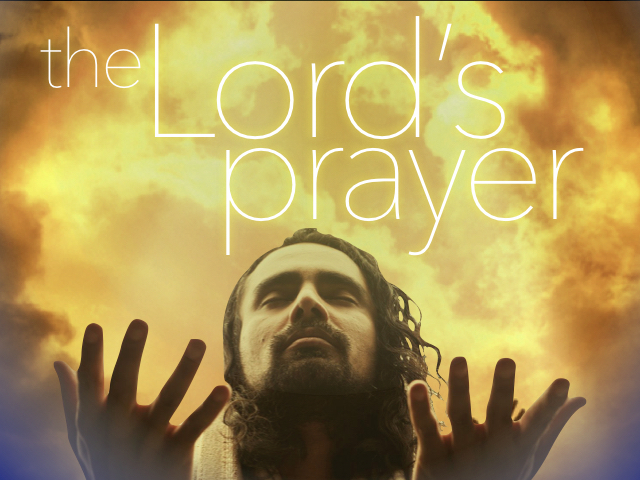
Matthew 6.25-34,
Luke 12.22-32.
Right after Jesus stated in
When it comes to basic daily needs, we first look to our wallets. Not God.
We first ask whether we can afford it. Not whether God even wants us to do these things, much less pay for them. We don’t
I make this mistake too. When I shop for groceries, I don’t think, “Does God even want me to buy those chocolate bars?”
And this is a much harder lesson for rich Christians to learn. In wealthy countries, we have crazy standards for what denotes our “basic daily needs.” It’s not just food, drink, and clothing, as Jesus addresses in the following teaching. It’s having a roof over your head. A bed. Electricity and gas, for the central heat and air conditioning. Oh, and since we have electricity: A refrigerator to keep the food in. Internet and wifi, and some kind of streaming service so we can watch
Food and drink is no longer just grains, vegetables, and water: We gotta have meat and dairy. If we’ve learned about some special diet we really oughta be on—whether our doctors tell us so or not—we want that accommodated too: Gluten-free grains, keto-friendly vegetables, vegan dairy products. Oh, and we gotta have coffee and beer and sugary and salty snacks. We expect a variety of good foods. And enough money to sometimes go to a restaurant.
Clothing is no longer a single loincloth, tunic, robe, and sandals, with maybe an extra change just in case: We gotta have at least two weeks’ worth of outfits. And they gotta be fashionable, so we won’t just fit in, but stand out as especially good-looking. Plus an extra-nice outfit for important occasions, like church or parties.
If you only have the basics and no more, in a rich country you’d be considered poor. Not comfortable; not okay; poor. But in a poor country, like ancient Judea… wealthy.
That’s something to keep in mind whenever Jesus talks about not having enough. Ancient Israel, where Jesus lived, whether in the Galilee or Judea, would be what Donald Trump would call a
The folks Jesus preached to? They had way less than we who live in rich countries. They’d be what we consider destitute. Near-homeless. They didn’t imagine themselves so, but hey: Different countries, different millennia, different standards.
Yet in the Sermon on the Mount, Jesus told ’em to quit worrying. Because worry wasn’t getting them anywhere.
Matthew 6.25 KWL - “This is why I tell you²:
- Stop worrying about what your² soul would eat {or drink},
- or what your² body would wear.
- Isn’t your² soul more than food?
- —your² body more than clothes?”
Luke 12.22-23 KWL 22 Jesus told his students, “This is why I tell you²:- Stop worrying about what your² soul would eat,
- or what {your²} body would wear.
23 The soul is more than food;- the body more than clothes.”
Try to wrap your brain around this idea: One set of clothing. Maybe three days’ worth of food in the pantry. Water comes from the creek or well. No electricity nor gasoline. No money; you gotta barter for everything. This isn’t because there’s a dire recession: This is life. This has always been life, as far as you or your parents or grandparents knew. Every day’s a struggle. And here Jesus is, telling you to stop worrying about food or clothing, because God has your back.
The typical American response to this? “Are you nuts, Jesus? I’m poor!”
Yeah, you are. Poor in faith. That’s why it’s easier to shove camels through needles than get rich Christians into




